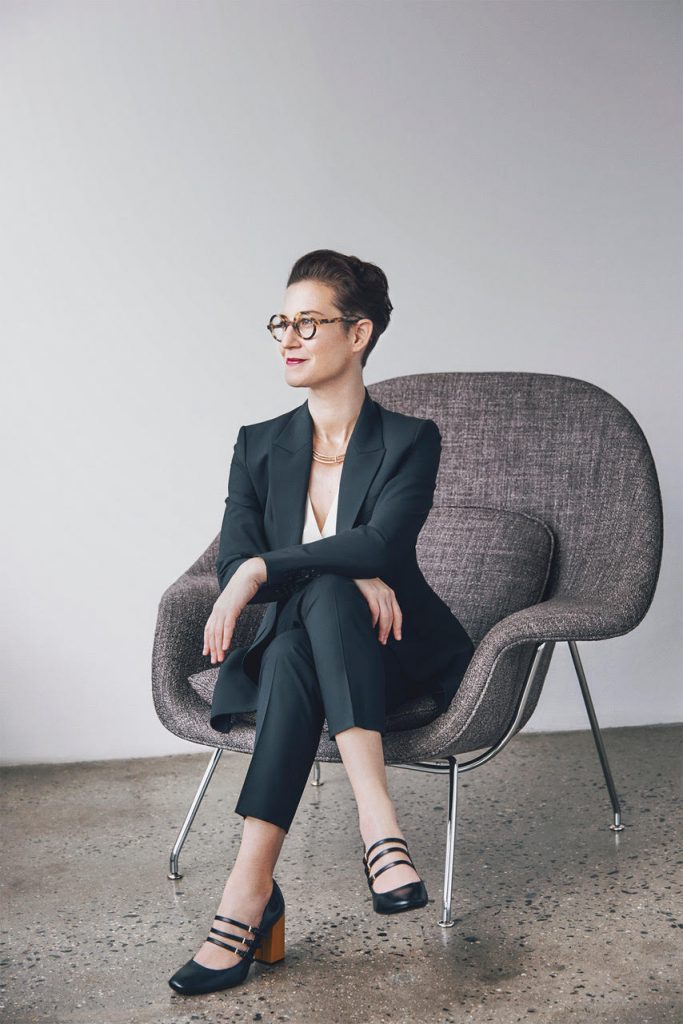
I believe in journalism for the public good and nothing has made me believe in it more strongly than this story.
Lauren Wolfe
The Impact of Publishing
For two years, Lauren Wolfe was the only Western journalist reporting on a series of kidnappings and rapes afflicting an impoverished village in eastern Democratic Republic of Congo. When she thought international media attention would bring justice to this village, Wolfe went to DRC to do a long-form story for The Guardian.
After days of immersive reporting, Wolfe identified the alleged perpetrator. She confirmed the finding with a police investigator, who quickly became a source for the story. Wolfe agreed to not publish until arrests were made so that the perpetrators wouldn’t have a chance to escape prosecution.
Five months passed with no arrests and four more rapes. Wolfe now faced a challenge: does she wait to publish her story until arrests are made and potentially put more girls at risk, or publish sooner and potentially expose her source and give the perpetrator a chance to flee?
Wolfe instead decided to publish an op-ed before the full story, accusing the Congolese government of sitting on information about the clearest possible suspect and not acting on it. Four hours after publishing the op-ed, the warrants to arrest the MP and 67 of his men were issued. Twelve hours later the men were all in custody. Wolfe’s full story, The Village that Cannot Sleep, ran soon after.
Wolfe is open to doing virtual class visits. Contact Center administrator, Krista Eastman (krista.eastman@wisc.edu) for more information.
Lauren Wolfe on Her Reporting
See also Lauren’s account of reporting this story.
Questions
Q1: When does a journalist’s responsibility to protect a source end, if at all?
Q2: Should journalists write with the intent to make change, or should they be disengaged from the impact of their work?
Q3: Should potential harms be considered when making the decision to publish? If so, how?
